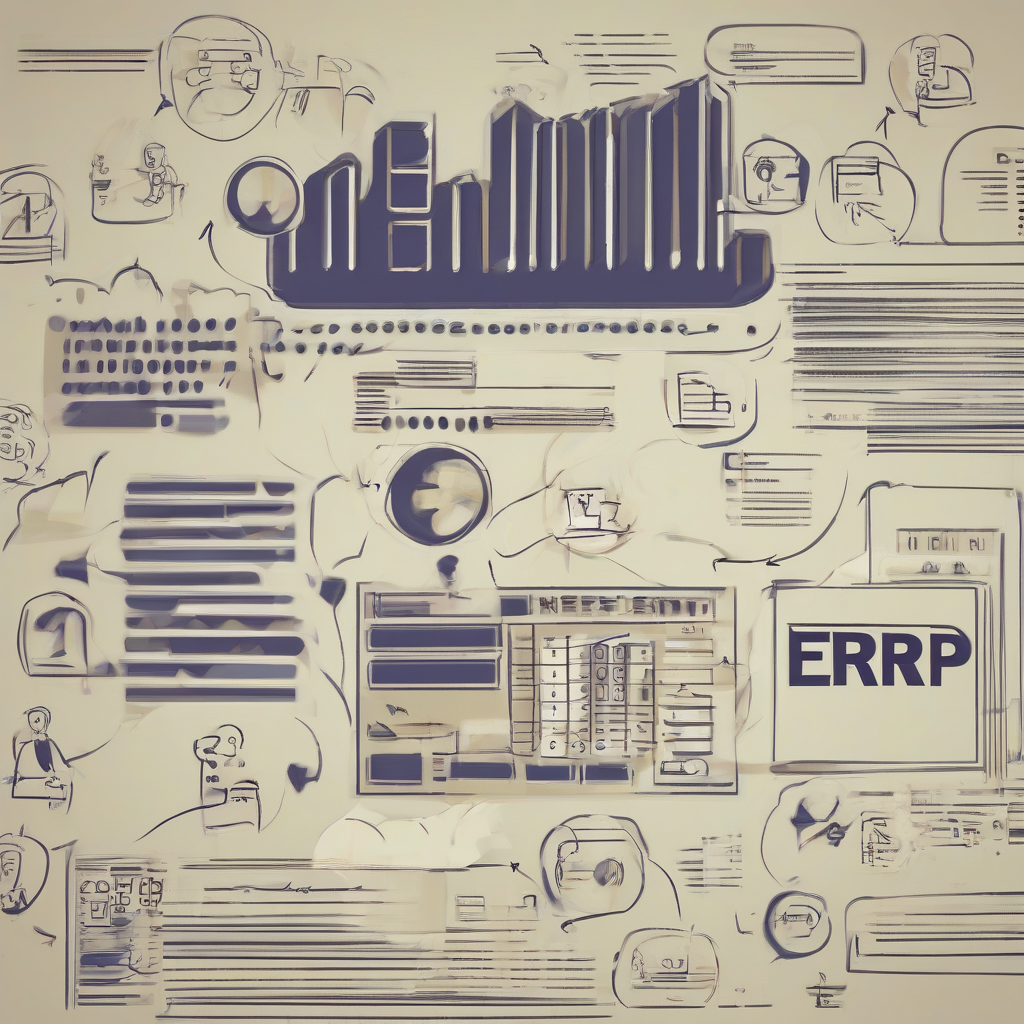ERP Modules: A Comprehensive Guide to Their Functionality and Benefits

ERP Modules: A Comprehensive Guide to Their Functionality and Benefits
Introduction
Enterprise Resource Planning (ERP) systems have become an indispensable tool for businesses of all sizes, streamlining operations, improving efficiency, and driving growth. At the core of every ERP system lies a collection of modules, each designed to manage a specific aspect of the business. This comprehensive guide explores the different types of ERP modules, their functionalities, and the benefits they provide to organizations.
Core ERP Modules
Financial Management
- General Ledger
- Accounts Payable
- Accounts Receivable
- Fixed Assets
- Budgeting and Forecasting
Human Capital Management (HCM)
- Payroll
- Time and Attendance
- Recruitment and Onboarding
- Performance Management
- Learning and Development
Supply Chain Management (SCM)
- Purchasing
- Inventory Management
- Warehouse Management
- Order Management
- Transportation Management
Customer Relationship Management (CRM)
- Sales and Marketing Automation
- Customer Service
- Lead Management
- Campaign Management
- Customer Analytics
Manufacturing Execution System (MES)
- Production Planning and Scheduling
- Quality Management
- Work Order Management
- Material Requirements Planning (MRP)
- Shop Floor Control
Specialized ERP Modules
Project Management
- Project Planning and Scheduling
- Resource Management
- Task Management
- Time Tracking
- Project Budgeting
Business Intelligence (BI) and Analytics
- Data Warehousing
- Reporting and Dashboards
- Predictive Analytics
- Data Visualization
- Performance Management
E-Commerce
- Online Storefront
- Order Processing
- Inventory Management
- Payment Processing
- Customer Service
Regulatory Compliance
- Data Security
- Auditing and Reporting
- Risk Management
- Compliance Management
- Industry-Specific Regulations
Benefits of ERP Modules
- Improved Efficiency and Productivity
- Enhanced Data Visibility and Transparency
- Streamlined Business Processes
- Centralized Information Management
- Reduced Costs and Operational Expenses
- Increased Customer Satisfaction
- Better Decision Making
- Enhanced Scalability and Growth
Choosing the Right ERP Modules
Business Needs and Objectives
Industry-Specific Requirements
Scalability and Future Growth
Integration Capabilities
Cost and Return on Investment
Conclusion
ERP modules are essential components of modern business operations, empowering organizations to optimize their processes, improve efficiency, and achieve their strategic goals. By selecting the right modules tailored to specific business needs, companies can leverage the power of ERP to unlock significant operational and financial advantages.
What's Your Reaction?

















